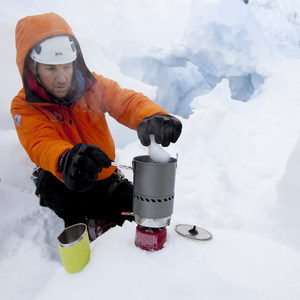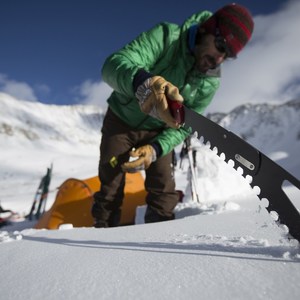Whether the backcountry beckons to you every weekend, or an annual camping trip with friends and family is more your pace, you want to make sure your tent stands up for the long haul.
Here are five simple tips for treating your tent right:
1. Never store your tent wet.
Storing your tent while it’s wet or even damp can lead to the premature breakdown of its fabric and coatings. For this reason, the number one guideline for longer tent life is to make sure your tent is clean, dry and stored in a cool area out of direct sunlight.

2. Treat your poles well.
Most pole damage occurs during setup. Try to keep the ends of the pole sections from banging together when assembling the frame as it can dent them or create cracks at the ends, which can compromise pole strength and lead to breakage. Don’t overstress the poles when setting up the tent; doing so can lead to permanently deforming the sections.

When disassembling your poles, start from the center and move outwards to evenly distribute the tension on the shock cord. If you’ve been in dusty or salty conditions, make sure to clean your poles, especially around the intersections.

3. Use a footprint with your tent.
Footprints are designed to keep your tent floor clean, dry, and protected from excessive abrasion. By keeping water and dirt away from the bottom of your tent, a footprint also helps your tent stay clean when you need to pack it up again.
4. Be kind to the zippers.
The best thing you can do to extend the life of the zipper is to go slow and use two hands when zipping your tent open or closed. Tent fabric is designed to be taut when set up, so there will always be some tension on the zipper. Assisting the zipper with a second hand, especially when going around a curve, will reduce wear on the zipper and its metal slider and help keep it running smoothly.

Keep zippers clean and free of fine grit, which can wear away at the zipper’s metal slider to the point where it no longer clinches the zipper teeth together.

5. Avoid long-term UV exposure.
Tents can offer great protection in sunny as well as stormy weather, but you shouldn’t set up your tent in your backyard and forget about it, leaving it to bake in the sun all season long. UV rays break down nylon fiber, making it dry and brittle and reducing its tensile strength. When this happens, the fabric can rip at the seams and stress joints. Polyester offers a little more UV resistance over nylon fabrics, but any tent should be stored out of direct sunlight when not in use.
If you take good care of your tent, it will take good care of you, so you can have adventures together for many years to come.
This article was published in collaboration with MSR Gear.
At MSR, we are engineers, tinkerers and passionate outdoor users–each with strong perspectives on how a product should work based on our own experiences in the wild places we love. But collectively, we believe that innovative solutions are bred by challenging convention, and that functionality, simplicity and reliability are the governing elements of enduring design.






Comments
Sign In and share them.